I was originally from a small town in northern British Columbia but I eventually ended up in Taiwan for over seven years after getting tired of the rat race lifestyle. Now I help individuals, small businesses and organizations build an internet presence.
Why did you start MatthewHooper.com? How does your website make money?
MatthewHooper.com has had many incarnations over the years. It started nearly a decade ago as a personal site. In its current incarnation, I originally started to use it as a way to answer questions that I got asked repeatedly. Anything from software recommendations to website best practices. I started to get asked more about websites and then to make websites for other people. That is what led to what it is now.



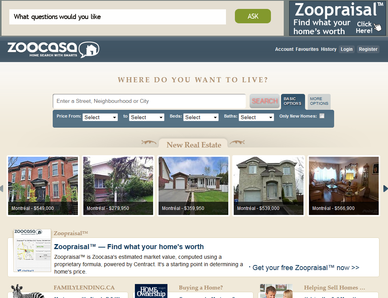
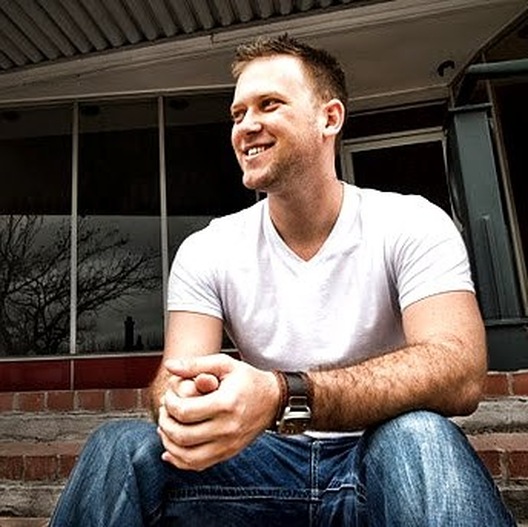
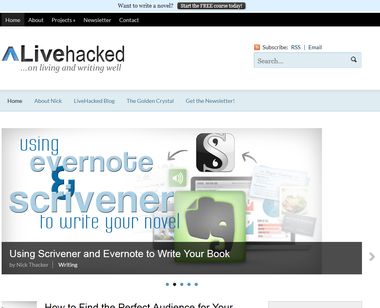
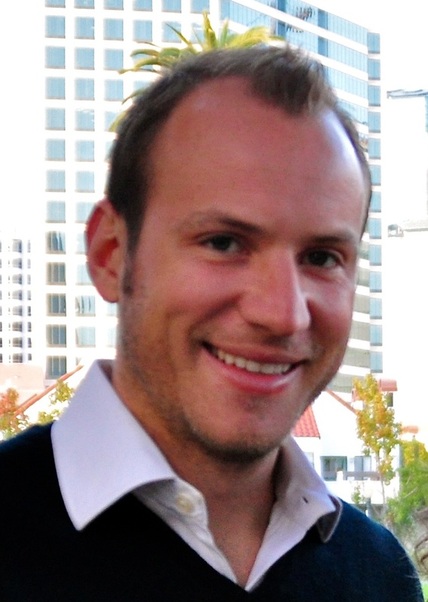
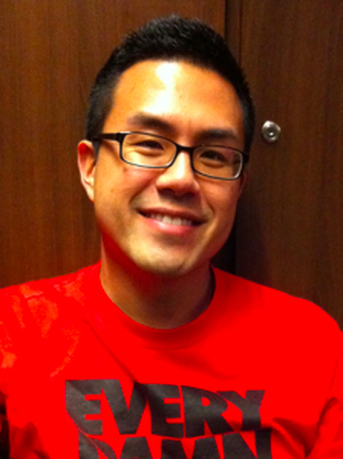
 RSS Feed
RSS Feed

